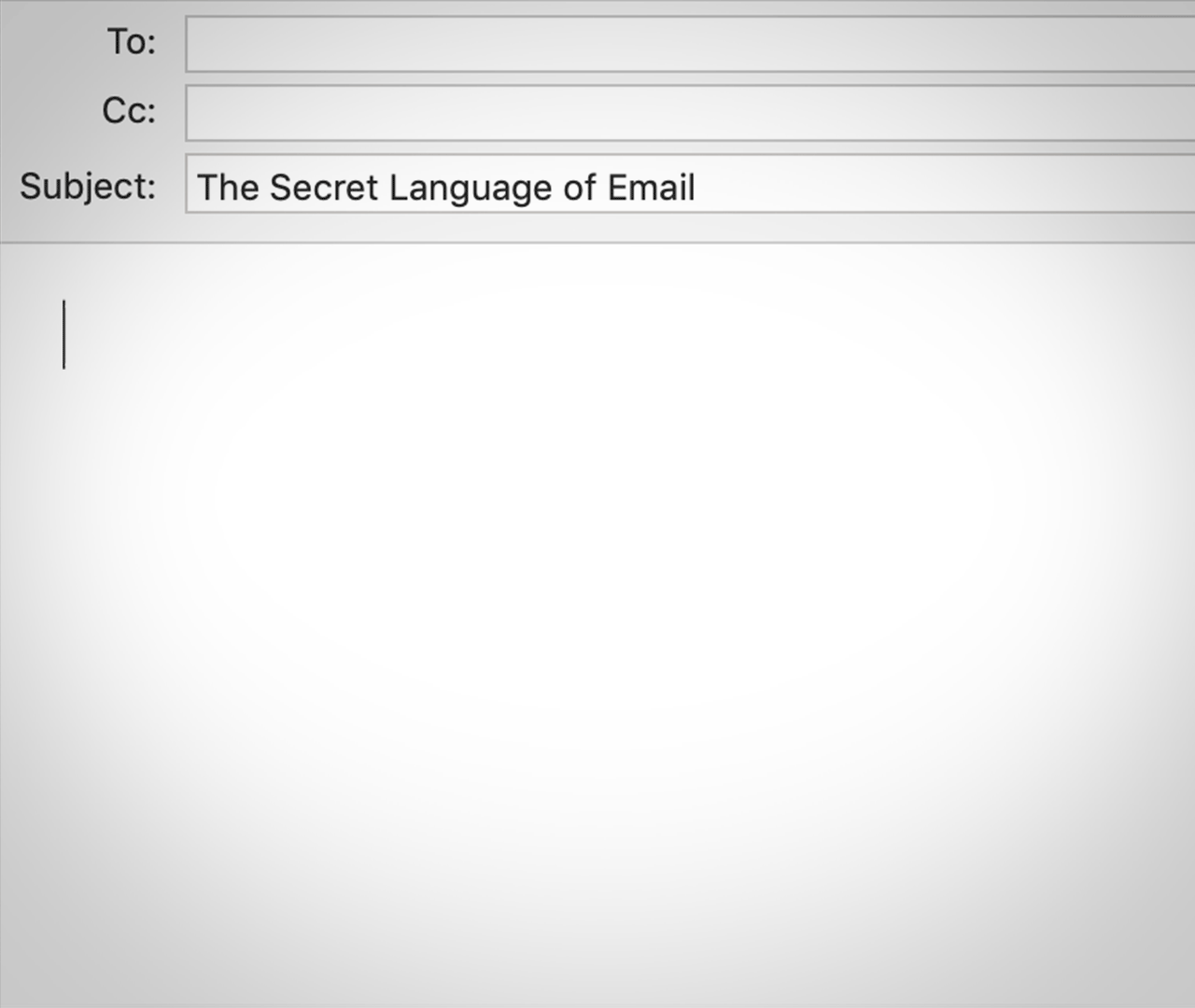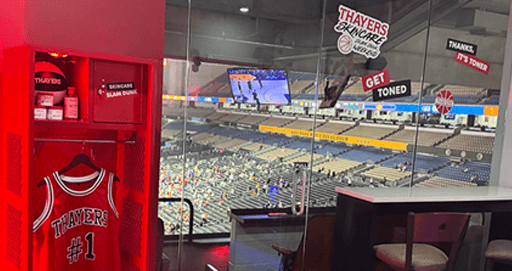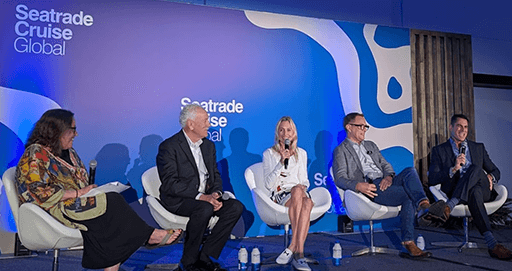Dear Readers,
Since the invention of email in the early seventies – not to mention when people actually began using email in the nineties— we’ve come a long, long way. In the last 10 years alone, the phone has become a thing of the past, and our business has moved largely to an email-centric model. Love it or hate it, it seems email is here to stay.
Effectively communicating within emails is considered an art form. We teach entry-levelers from the get-go that it’s imperative to answer your supervisor’s emails in a timely manner; that tone can mean a lot in writing when there’s no auditory context; and of course, always CYA (cover your…well, you know).
But what many don’t realize until they are deep within the PR industry (and many other similar industries) is that email has a secret language. No, not pig Latin. No, not Morse code. There is, however, a certain secret meaning within email phrases that many of us can point to immediately. It’s subtle, and usually imperceptible to the typical PR professional’s eye if you don’t know what to look for.
If you’re new to the corporate email world, don’t fret; I’m here to help you decipher your emails for your next passive aggressive email chain. Here are 10 of the more common phrases, translated:
“Thanks for your email.”: Buckle up, I have a lot to say, because I didn’t love your last email.
“Nice to e-meet you!”: I have no idea who you are or why you’re intruding on my email chain, so I’m going to make a corny joke to make up for the fact that I’m now getting requests from someone I haven’t met IRL.
“Happy Friday!”: I’m trying to butter you up and remind you that the weekend is almost here, because I have an annoying request.
“Just wanted to follow up.”: I have no idea why you decided to ignore my last email, but don’t ever do it again. I will haunt you until you answer.
“Look forward to your thoughts”: I’m not really looking forward to it, so much as I need you to answer ASAP so I can move on with my day. Now. Please. Kindly.
“As discussed…”: We just talked about this two minutes ago, but I am keeping a paper trail to CMA.
“Thanks for the feedback.”: Your changes are completely unnecessary, and I’m going to school you on why.
“Sorry to be a pain…”: 100% not sorry. I’m okay with being a pain, because I need an answer.
“As promised…”: I told you I’d get this to you – PLEASE, I’m begging you to stop asking.
“Thanks in advance.” Yes, I’m aware you haven’t agreed to my request. No, you really don’t have a choice.
Regardless of your email style, it’s important to keep in mind that whether talking to clients, supervisors, vendors, managers, caterers, and on and on – it’s important to always be polite in email wherever possible. In this day and age of instant forwarding, it’s easy for us to get into trouble by getting too liberal with our email responses. If a particularly frustrating email comes through, it’s a good idea to take a beat, take a deep breath, take a walk – whatever you need – before you answer. Going into any email with the expectation it will show up in your boss’ inbox is a great way to keep all of us in check and staying positive.
Also, for the love of everything that is holy – don’t reply all when you mean to reply, NEVER use BCC, and take it offline if the chain gets laughably, annoyingly long.
The inter-webs can be a lonely place, but we’re all in it together.
Look forward to your thoughts.
Thanks in advance & all the best,
Danielle




